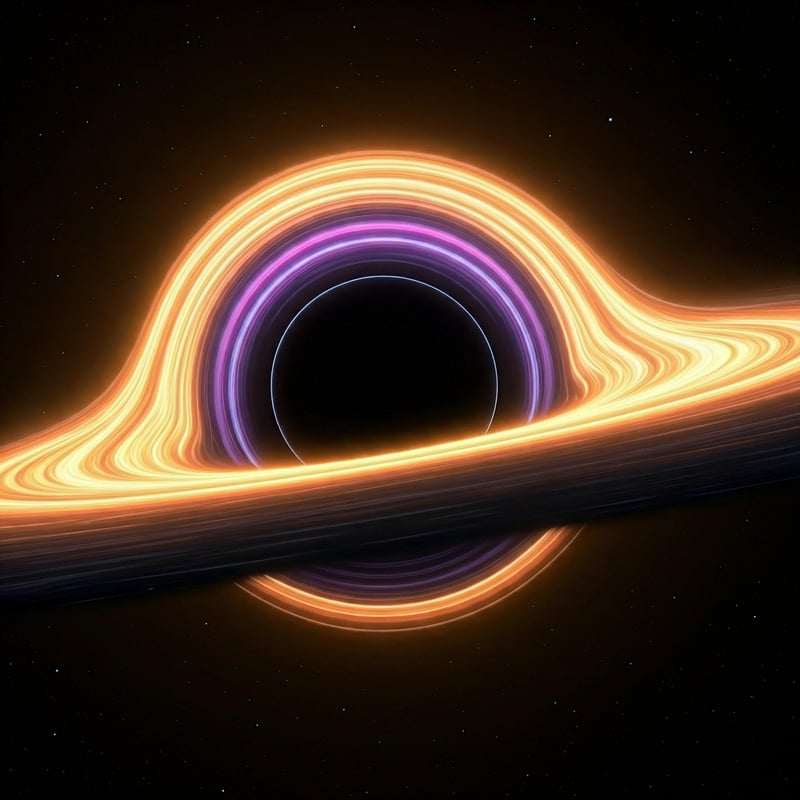Event Horizon
Unveiling the Mysteries of Black Holes and the Event Horizon
Black holes have captivated scientists and the public alike with their enigmatic nature. These cosmic entities possess such immense gravitational pull that not even light can escape their grasp, making them invisible to the naked eye. One of the most intriguing features of a black hole is its event horizon, the point of no return beyond which nothing can escape. Let's delve into the fascinating world of black holes and explore the significance of the event horizon.
What are Black Holes?
Black holes are regions in space where the gravitational pull is so strong that nothing, not even particles or electromagnetic radiation like light, can escape from it. They form when massive stars collapse under their gravity at the end of their life cycle. The core that remains after the collapse becomes incredibly dense, creating a gravitational field that distorts space and time around it.
The Event Horizon
The event horizon of a black hole is the boundary surrounding it that marks the point of no return. Once an object crosses this boundary, it is destined to fall into the black hole and can never escape. The event horizon is where the gravitational pull of the black hole becomes so intense that the escape velocity exceeds the speed of light.
Understanding the Event Horizon
One of the key aspects of the event horizon is its invisibility. Since light cannot escape from within the event horizon, it appears completely black to outside observers, hence the name "black hole." This makes it challenging to observe black holes directly, as their presence is primarily inferred from the effect they have on nearby matter and light.
Exploring Black Holes and the Event Horizon
Scientists have made significant strides in studying black holes and the event horizon using advanced telescopes and simulations. Technologies like the Event Horizon Telescope have enabled researchers to capture the first-ever image of a black hole's event horizon in the galaxy M87. This groundbreaking achievement has provided valuable insights into the nature of these mysterious cosmic entities.
Conclusion
Black holes and their event horizons continue to intrigue and challenge our understanding of the universe. By unraveling the mysteries of these phenomena, scientists hope to gain deeper insights into the fundamental laws of physics and the nature of spacetime itself. The study of black holes and the event horizon opens up a realm of possibilities for exploring the most extreme environments in the cosmos.


For more information on black holes and the event horizon, you can visit NASA's website or explore the latest research published in scientific journals.
